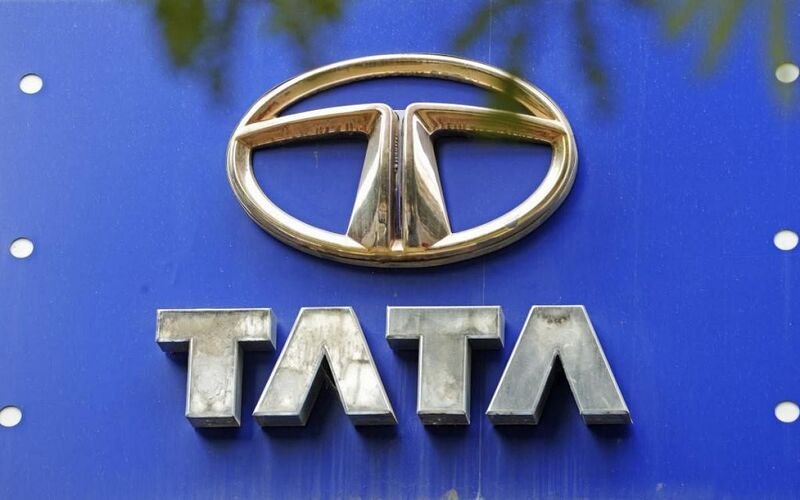Shortly after Wistron’s board authorized the sale of the Taiwanese company’s facility in southern India to the tech-to-airline conglomerate, India’s Deputy IT Minister Rajeev Chandrasekhar said on Friday that Tata Group will begin producing iPhones in India for both domestic and international markets.
The sale of Wistron InfoComm Manufacturing (India) Pvt to Tata for $125 million was authorized by the board of directors, according to a stock exchange filing on Friday by the Taiwanese company. One of the three Indian iPhone producers, Wistron, claimed that the transaction was concluded following strategic deliberations in response to the company’s reworking of its global production strategy.
The two businesses negotiated the terms of the arrangement for more than a year. Tata declined to comment. Tata is going to be the first Indian company to produce iPhones.
The 155-year-old Tata Group is involved in a variety of industries, including the production of steel, the sale of salt, and IT consulting. The company, which has partnered with other international companies, such as Starbucks, previously announced that it would open 100 Apple stores in the South Asian region.
Chandrasekhar said on social media site X, “Thank you Wistron for your contributions, and great going for Apple in building a global supply chain from India with Indian companies at its helm.”
“To achieve PM’s goal of making India a global electronics power, the Ministry of Electronics and IT stands fully behind the growth of global Indian electronics companies, which will in turn support global electronic brands that want to make India their trusted manufacturing & talent partner.”
The statement on Friday comes after Google disclosed that it will start building its portfolio of Pixel smartphones in India. In a move known by experts as the “China + 1” strategy, many businesses are placing their bets on India to become a global manufacturing powerhouse while reducing their need for China.
On its part, New Delhi is aggressively luring multinational corporations to set up manufacturing plants in India with financial incentives totaling billions of dollars.
India’s EMS industry (finished product and electronics manufacturing) is poised for robust medium-term growth, according to a recent note from Macquarie analysts. The letter cited India’s growing domestic demand, the government’s focus on local manufacturing through policy support (lower taxes, production-linked incentive schemes, etc.), and the export opportunity driven by global players’ China + 1 strategy.
In the meantime, Apple is focusing more and more on India, the country that has the second-largest smartphone market globally. As previously reported by TechCrunch, the company launched its first two retail locations in the nation earlier this year and is collaborating with HDFC Bank to introduce Apple Pay.

















































